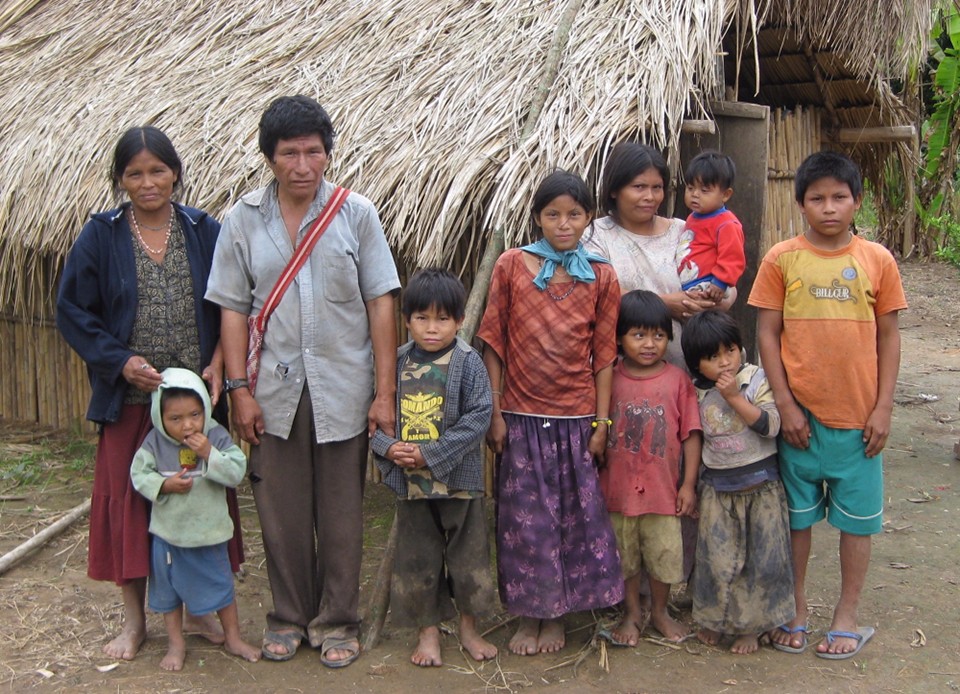If your next quest is to get the healthiest heart in the world, your journey would be to meet the Tsimane people of the Bolivian Amazon. That is according to a new study published in The Lancet which has revealed that they have the healthiest hearts in the world.
Presented at the American College of Cardiology conference, the study shows that the Tsimane people have the lowest levels of vascular aging of a population ever reported. The thing behind this is diet and exercise. Surprised?
What the researchers did in the study was to compare the results of their study with the diet, lifestyle, and cardiovascular statistics of contemporary Americans. The contrast is pretty shocking.
The Tsimane people live mostly on non-processed carbohydrates including rice, nuts, corn, plantain, and fruit (72 percent). Only 14 percent of their diet is protein such as meat from wild pigs, capybara, and fish.
Another thing is that an average person among the Tsimane People spends six hours being physically active, walking around 16,000 to 17,000 steps a day. This is very different from what is obtained among industrial populations where most people are seated for at least half of their waking hours.
The study made use of 85 Tsimane tribes between 2014 and 2015 and CT scans of 705 adults was done. This measured the extent of the hardening of coronary arteries that signifies vascular aging, and measurements for age, weight, blood pressure, cholesterol, and blood glucose.
it was discovered that 85 percent of those involved in the study had no risk of heart disease. This is as 13 percent had low risk and only 3 percent had a moderate or high risk. Among those over 75 years old, two-thirds had almost no risk and just 8 percent had a moderate or high risk.
A comparative US study showed that of nearly 7,000 people, only 14 percent showed no risk of heart disease. Half of the population had a moderate or high risk. What this means is that the US people are five times higher at risk than the Tsimane people. The research revealed that an 80-year-old Tsimane man has the vascular age of an American man in his mid-50s.
The problem though is that between the subsistence diet of a hunter-forager-horticulturist, the increased physical activity, and the almost total lack of smoking, no one really knows what part of their lifestyle aids their heart the most.
It is nevertheless suspected that it is down to lifestyle and not genetics is responsible.
According to a senior author Dr Gregory S. Thomas, “This study suggests that coronary atherosclerosis could be avoided if people adopted some elements of the Tsimane lifestyle, such as keeping their LDL cholesterol, blood pressure and blood sugar very low, not smoking and being physically active”.
What the study shows is that the Tsimane people are able to live their entire life without developing any coronary atherosclerosis. Unlike anything that has ever been seen in any prior research, it will be difficult to achieve that in the industrialized world. However, some aspects of their lives can be adopted.















